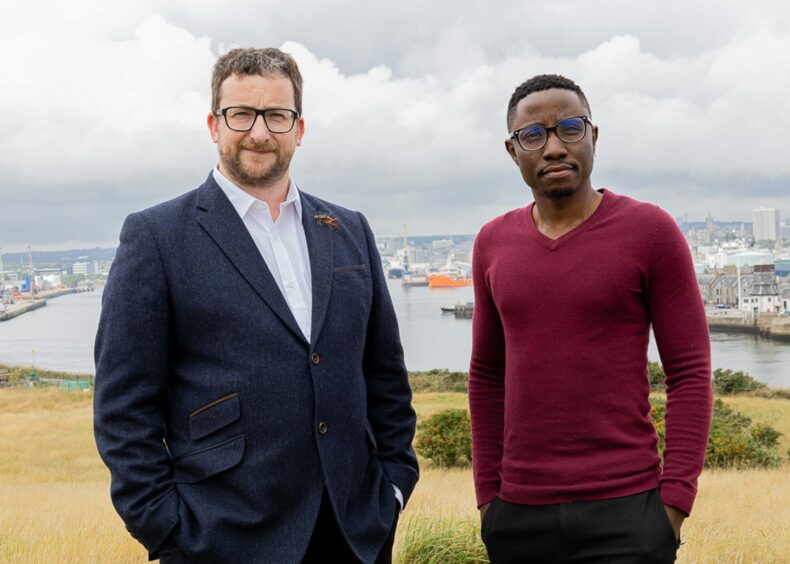
Scottish technology company RAB-Microfluidics intends to scale up manufacturing of its disruptive new oil analysis device after receiving £2.2million in new equity funding.
Aberdeen-headquartered RAB Microfluidics is led by CEO Rotimi Alabi, a PHD graduate from Nigeria.
The company has developed and patented a microfluidic “lab on a chip” which it hopes can improve oil lubrication analysis.
The technology diagnoses early signs of failure in real time, preventing costly machinery break downs in equipment such as main engines, gearboxes, and generators and claims to be up to 1,000 times quicker and “significantly cheaper” than land-based laboratories.
It intends to launch the device later this year and hopes the technology can be deployed on a variety of vessels including ferries, cruise ships, superyachts, and tankers.
To drive growth the firm is already moving to bigger premises at Aberdeen’s Energy Development Centre to kick-start manufacturing and to secure regulatory approvals for CE marking, ISO 9001, and marine type approval.
Now the company intends to create eight new roles thanks to the latest round of funding, led by Par Equity and supported by existing investors Eos Advisory, Newable Ventures and Scottish Enterprise.
It marks the second equity cash injection from the partners, having secured £1.25m in January 2021.
Mr Alabi said the company is winning new business and aims to hit £2m in turnover by 2024.
“This is a huge moment for RAB-Microfluidics as we look to launch the technology and we must sincerely thank our investors for backing us and believing in our vision,” he said.
“The technology fills a big gap in the engine condition monitoring market. We’ll use the funding to catapult the business forward commercially with a stronger corporate, sales and marketing operation. We are actively looking to speak with ship owners worldwide and urge ship managers to make contact.”
RAB-Microfluidics director of commercialisation Jamie Grant said it was “brilliant” to secure the new funding, having now proved the technology’s potential on pilot projects working with the likes of NorthLink Ferries.
Following its launch in the maritime industry, the firm plans to expand into other sectors including windfarms, manufacturing and mining working on gas turbines, gearboxes, generators, compressors and pumps.
Recommended for you
